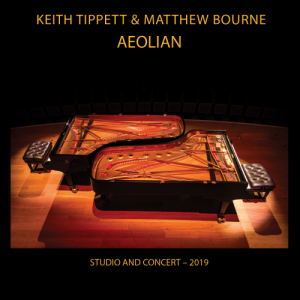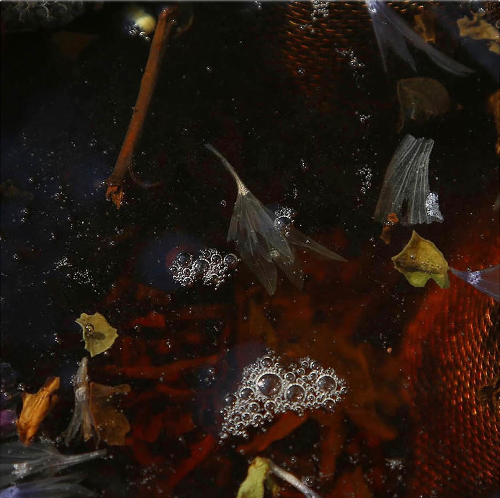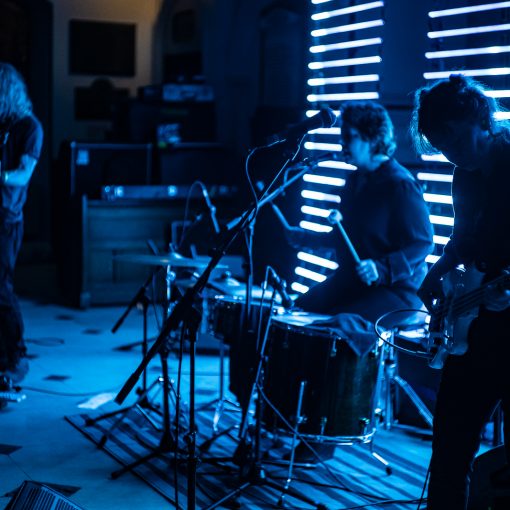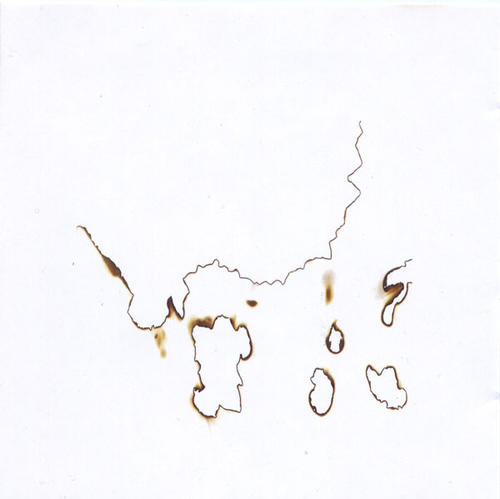Two albums linked by a label (Discus) and a player (Matthew Bourne ) and possibly joined by being somewhere in the fallout of jazz that’s not quite jazz. Neither sounding particularly alike, and that’s as it should be.
Mzylkypop – Kiedy Wilki Zawyja?
 There are other words that precede it but, as is right and just, the first proper word on Mzylkypop‘s Kiedy Wilki Zawyja? is “Kurwa”. Which you’ll recognise as being the most popular swear among Polish people. The record details a fictional dystopia in the 2030s, but there’s a clear tension around the now of the UK — lyrics interchangeably in Polish and English, narratives about immigration and dispossession.
There are other words that precede it but, as is right and just, the first proper word on Mzylkypop‘s Kiedy Wilki Zawyja? is “Kurwa”. Which you’ll recognise as being the most popular swear among Polish people. The record details a fictional dystopia in the 2030s, but there’s a clear tension around the now of the UK — lyrics interchangeably in Polish and English, narratives about immigration and dispossession.
Possibly most surprising, and pleasing, is Kiedy Wilki Zawyja? this is a cohesive, well-formed and well-arranged set of songs that are all over the place — there’s patches of rackets, free jazz-y sections, stuff that sounds distinctly like folk plainsong (replete with recorders and all). And yet the record is over and done with in about half an hour — which is to say, not an ounce of fat or bloated over-egging.
Seemingly the record is the composition of Michael Somerset Ward, who I’m sure older readers will remember from Clock DVA, but there’s a lot about this record that feels pulled together by Sylwia Anna Drwa‘s vocals — hers is a new name on me, so I’m hoping to hear more soon. For my money Kiedy Wilki Zawyja? is a record that leans into the post-Brexit shiterland that is the UK, and does so with quiet observation and humour, rather than anything too garishly signified. Top marks, Mzylkypop, bardzo dzięki.Keith Tippett and Matthew Bourne – Aeolian
 So Bourne was present on the previous record, but I suspect his was a hired gun role. Here on Aeolian there’s no hiding his pianistic voice alongside Keith Tippett‘s.
So Bourne was present on the previous record, but I suspect his was a hired gun role. Here on Aeolian there’s no hiding his pianistic voice alongside Keith Tippett‘s.
Kind of — this is a recording of two pianists working with some high cohesion vibes. I don’t know either’s playing well enough to pick them apart. I also don’t know how composed Aeolian is. For where it gathers density, in an ebb and flow of intensities over clear pulses, there’s a feeling that it could be highly composed — as with opener “Etesians”. By the same token, that same piece seems to pivot around someone introducing a melody from one of those piano pieces everyone can play (not “Chopsticks”, but like that. My memory is terrible).
One piano is enough of a sound to quickly get very dense, so maybe the most remarkable thing about this music — and doubly so if it’s entirely improvised — is the restraint each player offers. There’s only so many sections where they’re playing in the same register and it’s only fleetingly; despite that there’s always a clear pulse and rhythmic variations, thereupon keeping the whole thing moving without ever devolving into two players clanking away. Two players at the top of their game, basically, and some incredibly tasteful listening.Sadly this transpires to be Tippett’s last recording, but it’s quite a monument to his playing, right to the end — even if I can’t pick his voice out, this is some gorgeous music. Light and refined and fun and playful — there’s a music box “Love Me Tender” they extemporise over — twice — and a brilliantly warped improvisation on “Moonlight Sonata” (“Samoon”).
It’s also got curious shape — the first part is a series of studio-recorded shorter pieces and the last thirty-eight minutes is a live show. So the recorded part runs the gamut of some industrial-for-piano / Iannis Xenakis in a bad mood rackets (“Bora”), to more conventional (albeit wonky) jazzisms (“Mistral”). The live show… well, it’s quite astonishing, a real (ahem) tour de force of virtuosity, careful listening and inventive playing.So yeah. It’s been a long time since I’ve heard two records like these, so shout out to Discus — both from traditions, neither particularly bolstered to genre, both genuinely worth bothering with and not an ounce of the sort of flabby nonsense that puts me off “experimental” music so much these days. Big up.
-Kev Nickells-



